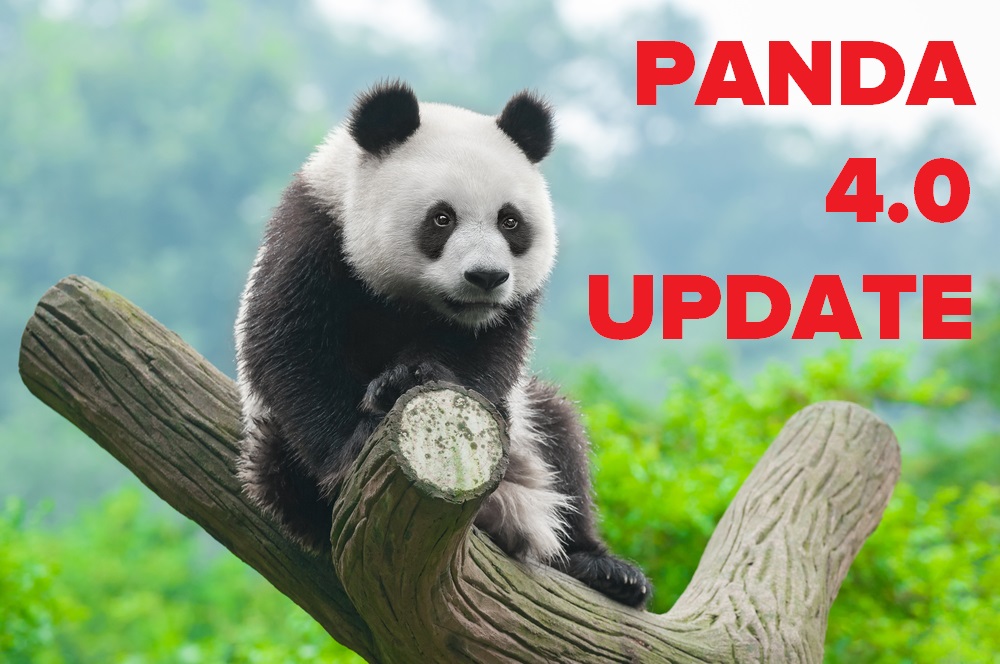The latest update to Google’s search algorithm, dubbed Panda 4.0, has barely gone into effect. And while speculation about how it will impact search rankings has only just begun, marketers can get a glimpse of early quantitative analysis, courtesy of Searchmetrics.
According to the site’s brief study, some pages have taken massive hits while others seem to have gained visibility exponentially in the 48 hours since 4.0’s implementation. While many of the affected sites might recover or stabilize, their shuffling offers insight into the intent and mechanics of Panda’s latest iteration.
The losers: Don’t take content from others
Some of the sites that took the biggest hits include ask.com, biography.com and history.com. Some saw their overall visibility and average search ranking drop off by as much as 75 percent, although exact traffic figures have not yet been released.
One of the more striking shared attributes of early Panda 4.0 losers is aggregation. Pages like ask.com aren’t exactly bastions of original content – they tend to aggregate media and information from around the web. This seems to confirm Panda speculation that the update would help small businesses and mostly affect large entities that don’t offer real value.
The winners: Giving searchers what they want
Some of those pages saw up to 500 percent boosts in visibility. Most of these sites cater to unique audiences and provide value that other places on the web might not.
In contrast, original, niche content was the most common trait among the sites that saw increased post-Panda visibility. Big winners included shopstyle.com, emedecinehealth.com and goodhousekeeping.com. Some of those pages, such as entertainment magazine zimbio.com, saw up to 500 percent boosts in visibility. Most of these sites cater to unique audiences and provide value that other places on the web might not.
This is excellent news for content marketing professionals who are concerned their efforts aren’t being rewarded. Ever since Google 1.0 in 2011, the search engine has maintained that it wants to provide users the most interesting and useful content, even when queries are for niche or difficult-to-find information. Google is upholding its end of the bargain by making useful sites prominent, and marketers should uphold their own end of the unspoken agreement by continuing to attract traffic and visibility by writing what their niche audiences truly want.




